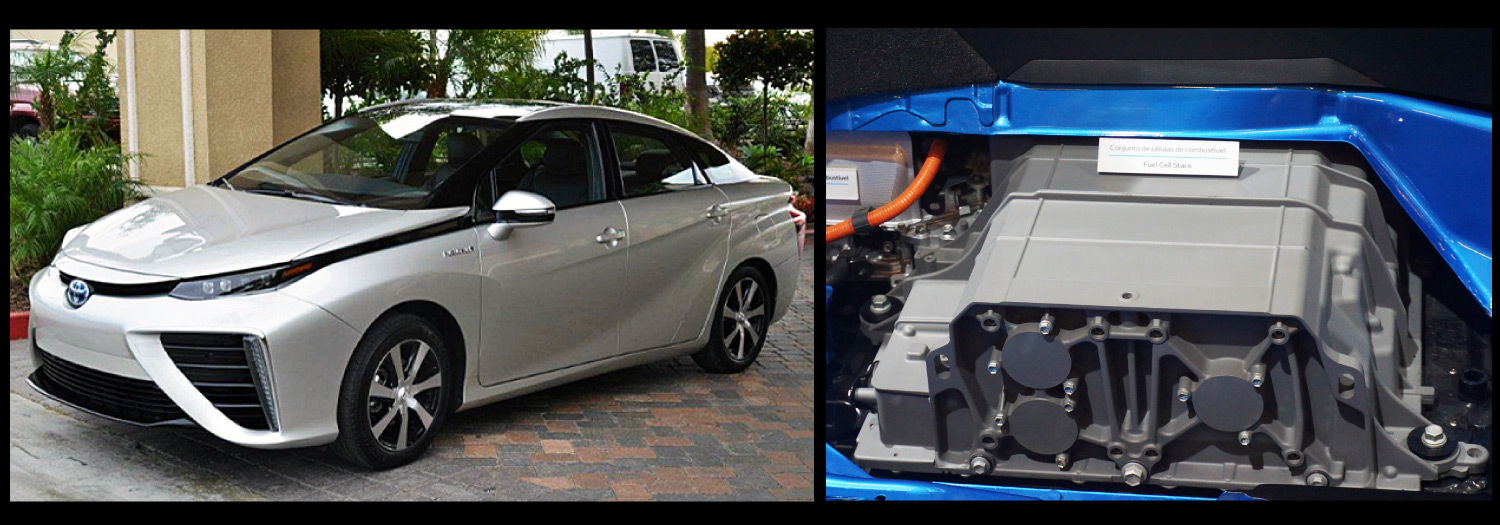Does the use of hydrogen fuel contribute to global warming?
If we focus only on “use” of hydrogen fuel, the answer is no. As discussed in the main text, hydrogen can either be burned directly or used in fuel cells. In both cases, the only by-product is a small amount of water, which means that using hydrogen as a fuel does not contribute to global warming. That is why, for example, cars that run on hydrogen fuel cells are considered to be “zero emissions” vehicles.
However, the full answer is “it depends,” because we first have to make the hydrogen before we can use it as a fuel. This will make sense if you recognize exactly what we mean by “hydrogen fuel.”
When we talk about using hydrogen as fuel, we are talking about molecular hydrogen (H2). Hydrogen in this form is an excellent fuel, because it readily combines with oxygen to make water, releasing energy in the process. In fact, hydrogen burns so easily that it can be dangerous to use directly as a fuel (think of the famous Hindenburg accident), which is one reason why fuel cells are generally a better way to make use of the hydrogen.
But here’s where the “it depends” comes in: Molecular hydrogen (H2) is extremely rare on Earth, which means that we must produce it by splitting water molecules to make the hydrogen. This reaction (splitting the water molecules) requires energy. As a result:
- If the energy used to make the hydrogen comes from fossil fuels, then it does contribute to global warming.
- However, if we instead made the hydrogen with energy from sources that don’t contribute to global warming (such as wind, solar, or nuclear), then there would be no greenhouse emissions associated with the hydrogen fuel.
Today, nearly all the hydrogen used as fuel is made with energy from fossil fuels, which means it is not currently a “green” fuel. But many people hope that we’ll eventually have enough non-fossil energy to make hydrogen in a way that is truly clean in terms of the environment. In that case, hydrogen may be very important to our overall energy transition. Indeed, fuel cell cars already exist (Figure 1), though they have not caught on much because there is no existing infrastructure of hydrogen filling stations. (Electric cars have become much more popular, in part because they can be charged at home.) Many companies are working to develop other uses for fuel cells, including in homes, for boats, and for airplanes. If successful, then the use of hydrogen may become a very important “green” technology.
